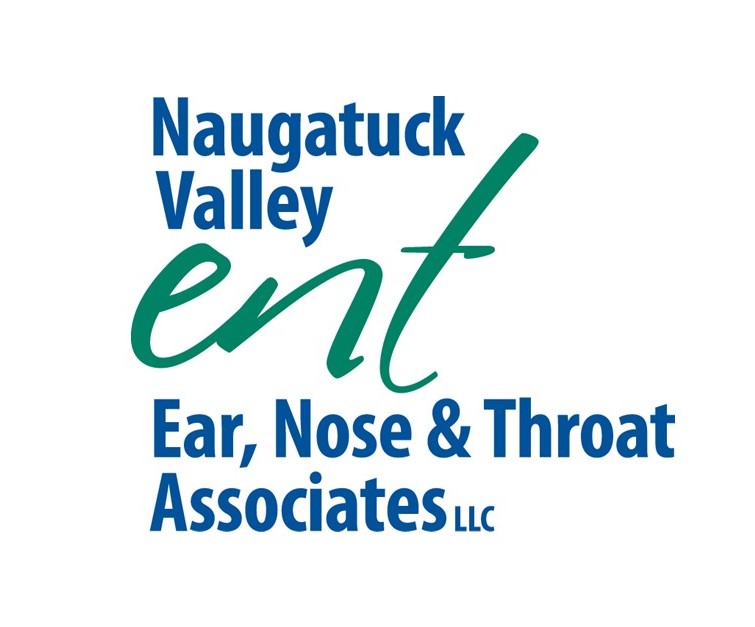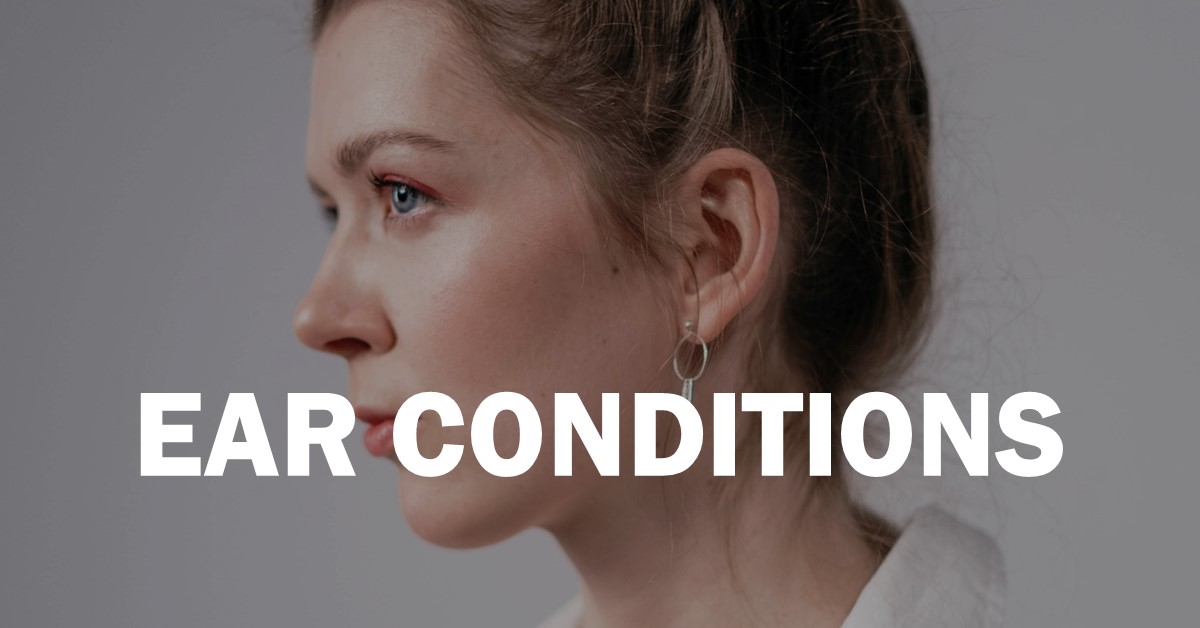Protecting Your Ears at Altitude from Barotrauma: Tips for Air Travel and Diving in Middlebury, CT
If you’ve ever experienced ear discomfort while flying or diving, you’re not alone. Ear problems, especially barotrauma, are among the most common medical issues travelers face. Whether you’re soaring through the skies or exploring the depths of the ocean, changes in pressure can wreak havoc on your ears, leading to pain, hearing issues, and sometimes even more serious complications.
What Is Barotrauma?
Barotrauma occurs when the pressure inside your ear can’t equalize with the pressure outside due to a blocked eustachian tube. The eustachian tube is a narrow, membrane-lined passage that connects the back of your nose to the middle ear. Its job is to balance air pressure on both sides of the eardrum. When it’s blocked—often by common culprits like a cold, sinus infection, or allergies—air can’t pass through, creating a vacuum effect. This vacuum stretches the eardrum, leading to discomfort or pain, and occasionally causes fluid buildup in the ear.
Symptoms of Barotrauma
Barotrauma can manifest with a variety of symptoms, including:
- Ear pressure or fullness
- Ear pain
- Temporary hearing loss
- Dizziness or a feeling of imbalance
These symptoms are usually temporary, but when left unchecked, they can lead to more severe conditions, such as ear infections or permanent damage.
Common Triggers of Barotrauma
Rapid changes in altitude or pressure are the primary triggers of barotrauma, making air travelers, scuba divers, and even elevator riders vulnerable. The most common causes of eustachian tube blockage, however, are:
- The common cold: Swollen membranes in the nose can extend into the eustachian tube and block it.
- Sinus infections: Inflammation from a sinus infection can interfere with the tube’s ability to regulate pressure.
- Nasal allergies: Allergies cause congestion and swelling, leading to ear problems.
Preventing Barotrauma: Tips for Travel and Everyday Life
Preventing barotrauma is key, especially if you’re a frequent traveler or diver. Here are some helpful strategies:
- Swallow or yawn frequently: This helps open the eustachian tube and equalize pressure. Chewing gum, sucking on hard candy, or drinking water during takeoff and landing can also encourage swallowing.
- Try the Valsalva maneuver: Gently pinch your nose, close your mouth, and blow softly. This technique forces air into the eustachian tube and helps balance the pressure.
- Use nasal sprays or decongestants: If you have allergies or a cold, using these can reduce swelling in your nasal passages, helping your ears pop more easily. Remember, consult your doctor before use if you have any underlying health conditions like heart disease or high blood pressure.
- Help children cope: Kids, especially babies, are more vulnerable to ear blockage because their eustachian tubes are smaller. Encourage them to drink from a bottle or suck on a pacifier during flights. Avoid letting them sleep during descent when pressure changes the most.
When to See an ENT Specialist
If your ears fail to “pop” or if you’re experiencing persistent pain, it’s time to seek help from an ENT specialist. The team at Naugatuck Valley ENT in Middlebury, CT, can evaluate and treat barotrauma and other ear conditions. Treatment may involve simple techniques like pressure equalization tubes or procedures to drain fluid from the middle ear.
Questions to Ask Your Doctor
If you’re prone to ear issues while traveling or diving, it can be helpful to ask your doctor the following questions:
- What steps can I take to prevent barotrauma?
- When should I seek medical attention if my ear symptoms persist?
- Are there any medications or treatments I should avoid due to my medical history?
How Naugatuck Valley ENT Can Help
At Naugatuck Valley ENT, we provide comprehensive care for all ear-related concerns, from ear infections to more serious conditions like barotrauma. If you or your child is experiencing ear pain, discomfort, or hearing issues, please contact our office at (203) 578-4630. Our team is here to help ensure that your ears stay healthy and pain-free, no matter where your travels or adventures take you.
If you’ve ever suffered from ear discomfort due to altitude or pressure changes, don’t ignore it. With the proper care and preventive measures, you can minimize the risk of barotrauma and keep your ears in top shape during travel and diving.
Ear Condition Services at Naugatuck Valley ENT
Our ear condition specialists can help determine which issues are causing your discomfort and develop a treatment plan that will help make life more enjoyable. Our board-certified doctors, dedicated nursing staff , and highly trained ENT specialists will strive to make your ear condition treatment experience a positive and productive one. Please contact Naugatuck Valley ENT at (203) 578-4630 to set up an appointment.




